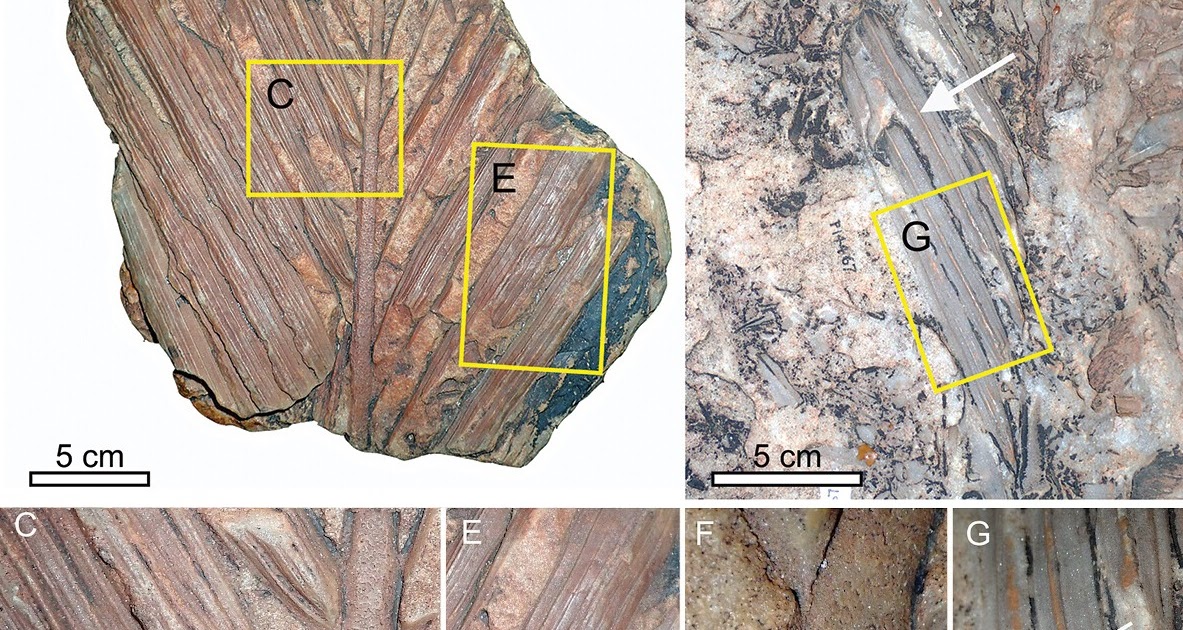
We will never know who spoke the first sentence or what they said, but we can have some fun speculating. Perhaps it came out of the mouth of a Stone Age man who hoped to defeat a rival and win the affections of a young woman. He might have sidled up to his love interest and, while furtively pointing at his competitor, whispered gently in her ear something that translates into English as “shit-head”.
Ridiculous? Not if you are guided by the research of linguist Ljiljana Progovac. She points out that although Charles Darwin described language as “half art, half instinct”, most people who study its evolution have neglected the creative element. Her research starts to redress that by homing in on the wordplay involved in compound phrases such as shit-head, skin-flint and lily-livered, many of which are written as single words today. These, she believes, are linguistic fossils that hint at a crucial stage in language evolution: the moment when humans realised that they could string two words together to create very short sentences.
What’s more, after gathering examples of such phrases, Progovac noticed they have something surprising in common. “They are usually derogatory,” she says. And there could be a good evolutionary reason for that too.
Language is central to the human experience, but studying its ancient roots is difficult because it leaves no archaeological traces – at least until the invention of writing. Nevertheless, judging by communication systems in other animals, we can assume that our ancestors started by making simple noises or…







Leave a Comment